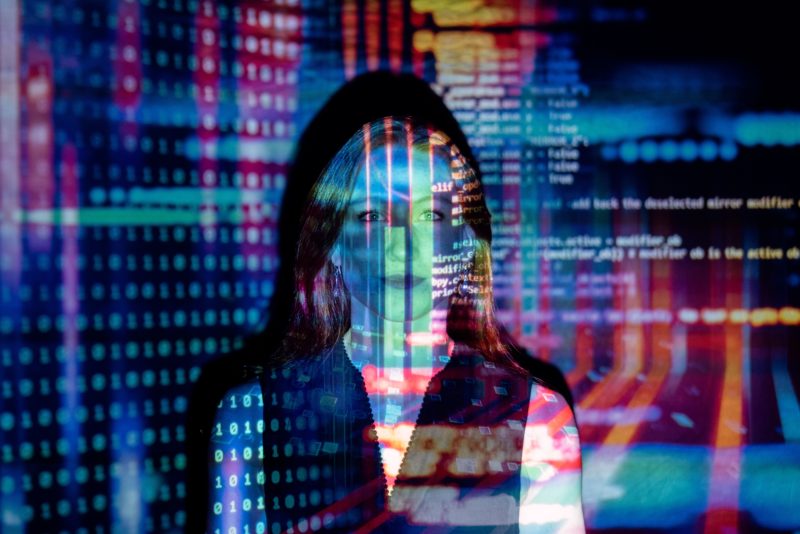Traditionally, an “inventor” in a patent application has been defined as a person who invented or discovered the subject matter of the invention. Until recently, it has not been necessary to consider whether a non-human entity could be considered an inventor. With the development of artificial intelligence based technology (“A.I.”), we need to consider the issue. If we have reached a point where A.I. could independently invent or create protectable IP, could such an A.I. be listed as an inventor?[1]
To date, several patent offices considering this issue have found that A.I. cannot be considered an inventor.[2] Two recent decisions may be showing a change in this trend.
In Stephen Thaler v Commissioner of Patents[3], the Federal Court of Australia is the latest to consider whether the definition of “inventor” excludes a non-human artificial intelligence. In a ground-breaking decision, the Australian Court found that a non-human “inventor” is not inconsistent with inventorship under Australian law.
More recently, South Africa issued a patent designating an A.I. system as the inventor. However, South Africa does not offer formal examination so the issue of whether A.I. systems are properly identified as inventors does not appear to have been considered.
It will be interesting to see what impact, if any, these decisions will have on Canadian patent law.
Continue reading
